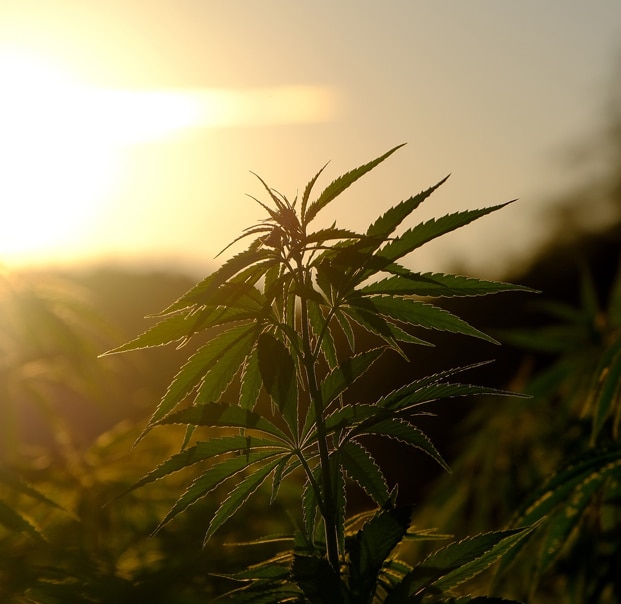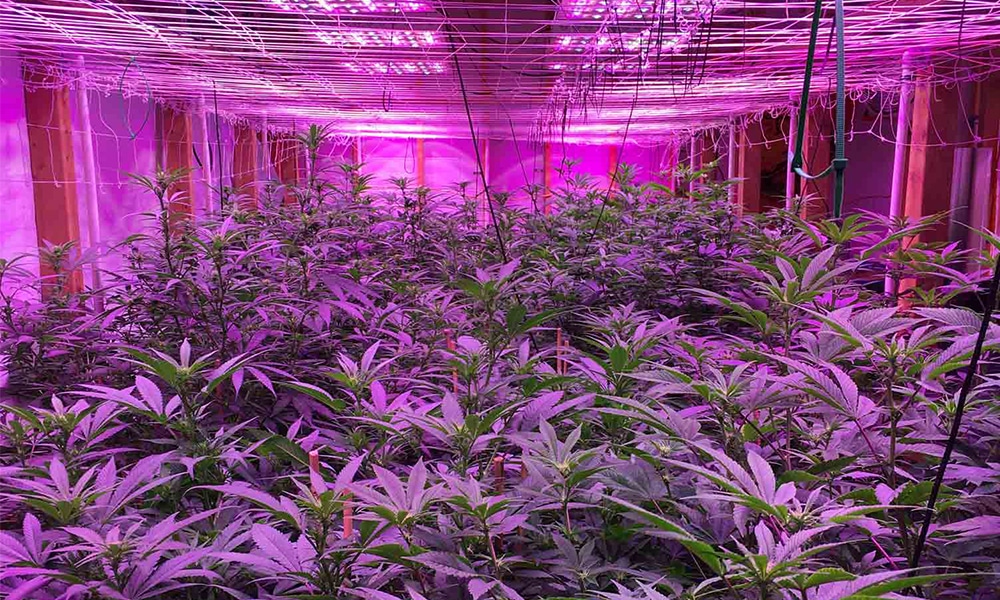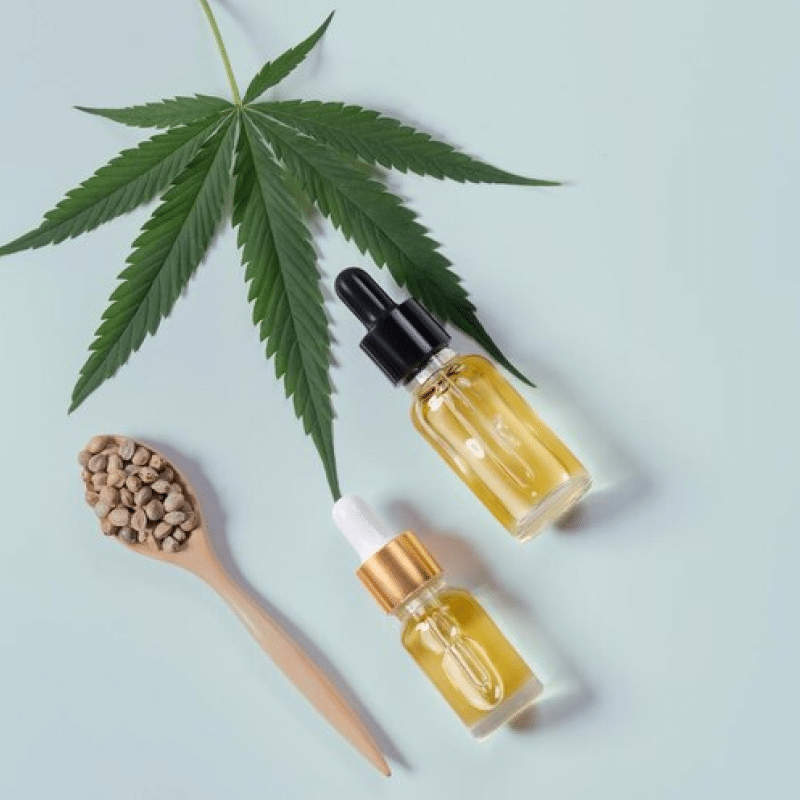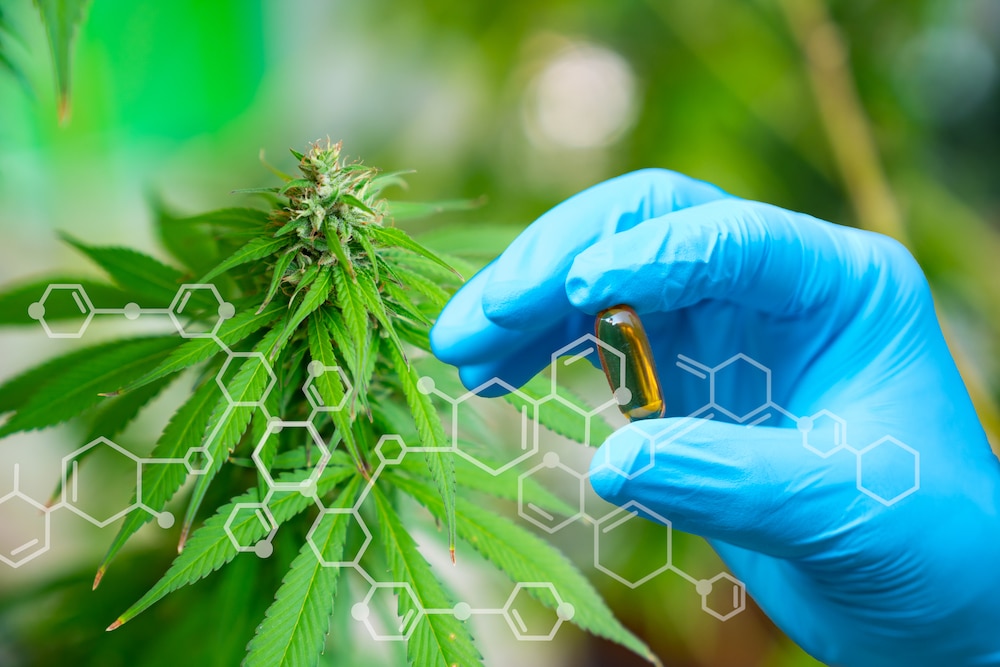How to Get a Cannabis License in Texas?
The landscape of medical marijuana in Texas is evolving, offering new opportunities for entrepreneurs. Texas operates under a strictly regulated medical cannabis program, known as the Compassionate Use Program (CUP), which allows for the use of low-THC cannabis to treat a limited number of medical conditions. Let’s explore how to get a cannabis license in Texas.
Types of Cannabis Licenses in Texas
Cultivation Licenses
Permits for growing cannabis, with various tiers based on facility size and growing conditions.
Manufacturing Licenses
Allows for processing cannabis into various products, including extracts and edibles.
Retail Licenses
Enables the operation of dispensaries and delivery services for medical and/or recreational use.
Distribution Licenses
Required for transporting cannabis products between licensed facilities.
Cultivation Licenses
Limited to Compassionate Use Program licensees. Medical only, strict cap.
Back to the TopManufacturing Licenses
Vertical integration with cultivation. GMP and THC concentration rules enforced.
Back to the TopHow to Obtain a Cannabis License in Texas?
Obtaining a cannabis license in Texas is a complex process, involving an application through the Department of Public Safety (DPS). Applicants must provide comprehensive information about their business operations, including proof of ownership, business documentation, criminal background checks for key personnel, liability insurance, and detailed operational plans. These plans must cover cultivation, processing, security measures, and patient access to comply with state regulations.
Payment and Fees
Note: Fee structures are subject to change. Consult the official Texas cannabis regulatory website for current fee schedules.
Application Fees
The application fee covers the initial costs associated with processing and reviewing cannabis business license submissions in Texas. These fees vary depending on the type of license and the size of the proposed operation. It’s essential to ensure all application materials are complete and accurate to avoid delays or additional costs.
License Fees
License fees are required to maintain compliance and secure operating privileges for cannabis businesses in Texas. These fees are determined based on the license type, such as retail, cultivation, or distribution, and are typically due annually. Staying current with license payments is crucial to avoid penalties or disruptions in business operations.
Remaining Compliant with Texas Regulations
Compliance is a critical aspect of maintaining a cannabis license in Texas. Dispensaries must adhere to a range of regulatory requirements, including security measures, product testing, and patient safety protocols. The state enforces strict guidelines to prevent diversion and ensure that cannabis products are safe and legally accessible to patients.
Risk and Compliance Factors From AlphaRoot
The cannabis industry, while burgeoning with opportunities, is not without its complexities and inherent risks. Understanding and mitigating these risks is crucial for long-term success. AlphaRoot, a prominent insurance and risk management firm specializing conduct business in the cannabis sector, sheds light on the key risk and compliance factors
1. Regulatory and Legal Risks
Labyrinthine Regulations The cannabis industry is highly regulated, and compliance with state and local laws is paramount for cannabis establishments. Navigating the intricate web of regulations, which can vary significantly from one jurisdiction to another, poses a substantial challenge for cannabis establishments. Failure to comply can result in fines, license revocation, or legal consequences.
Federal Ambiguity Cannabis remains illegal at the federal level in the United States, despite state-level legalization of recreational marijuana. This dichotomy creates uncertainties and exposes businesses that sell recreational marijuana here to potential federal enforcement actions.
2. Financial Risks
Cash-Intensive Operations Due to federal banking restrictions, many cannabis businesses operate primarily in cash. This not only presents security risks but also complicates financial management and taxation.
Taxation Challenges Cannabis businesses face unique tax challenges, including limitations on deductions and potential audits. Understanding and complying with tax regulations is essential to avoid financial penalties.
3. Security Risks
Theft and Robbery Cannabis businesses are susceptible to theft and robbery due to the high value of their products. Implementing robust security measures at a marijuana cultivation facility, including surveillance systems and secure storage, is vital to mitigate these risks.
Cybersecurity As with any industry, cannabis businesses are vulnerable to cyberattacks. Protecting sensitive customer data and business information is critical.
4. Product Liability and Quality Control
Product Liability Claims Ensuring the safety and quality of cannabis products is crucial to prevent product liability claims. Contaminated or mislabeled products can lead to legal and financial repercussions.
Testing and Quality Assurance Collaborating with reputable independent testing laboratory and facilities, as required by regulations, is essential to verify the safety and potency of cannabis products. Consistent quality control is essential to maintain consumer trust.
5. Market Competition and Volatility
Saturated Markets in regions with a high concentration of cannabis businesses, competition can be fierce. Navigating market saturation requires effective differentiation and marketing strategies.
Price Volatility The price of cannabis products can fluctuate significantly, impacting profitability. Businesses must adapt to market dynamics and price changes.
6. Environmental and Sustainability Concerns
Resource Intensity Cannabis cultivation and processing can be resource-intensive, including water and energy consumption. Businesses need to address sustainability concerns and adhere to environmental regulations.
Waste Management Proper waste disposal and recycling practices are essential to minimize environmental impact and meet regulatory requirements.
7. Talent and Workforce Challenges
Talent Shortages the cannabis industry often faces challenges in recruiting and retaining qualified personnel due to its specialized nature. Employee turnover can disrupt operations.
Training and Compliance Businesses must invest to ensure employees are well-informed about compliance and safety protocols.
Cannabis License in Texas FAQ
No, Texas law currently allows only the sale of low-THC cannabis for medical purposes through licensed dispensaries.
Applications for medical cannabis licenses in Texas must be submitted through the Department of Public Safety, following the detailed requirements for dispensing organization licenses, including business documentation, operational plans, and compliance with state regulations.
While there is public support for the expansion of cannabis legalization in Texas, any changes to the types of available licenses would require legislative action. Stakeholders in the cannabis industry and advocacy groups continue to push for broader access to cannabis, both for medical and potential recreational use.
About the Author

AlphaRoot Team
The AlphaRoot marketing team are seasoned experts with deep knowledge of the cannabis industry. Our informative articles help cannabis businesses thrive in a competitive landscape. From compliance to insurance tips, we’re dedicated to providing advice tailored to your needs.




